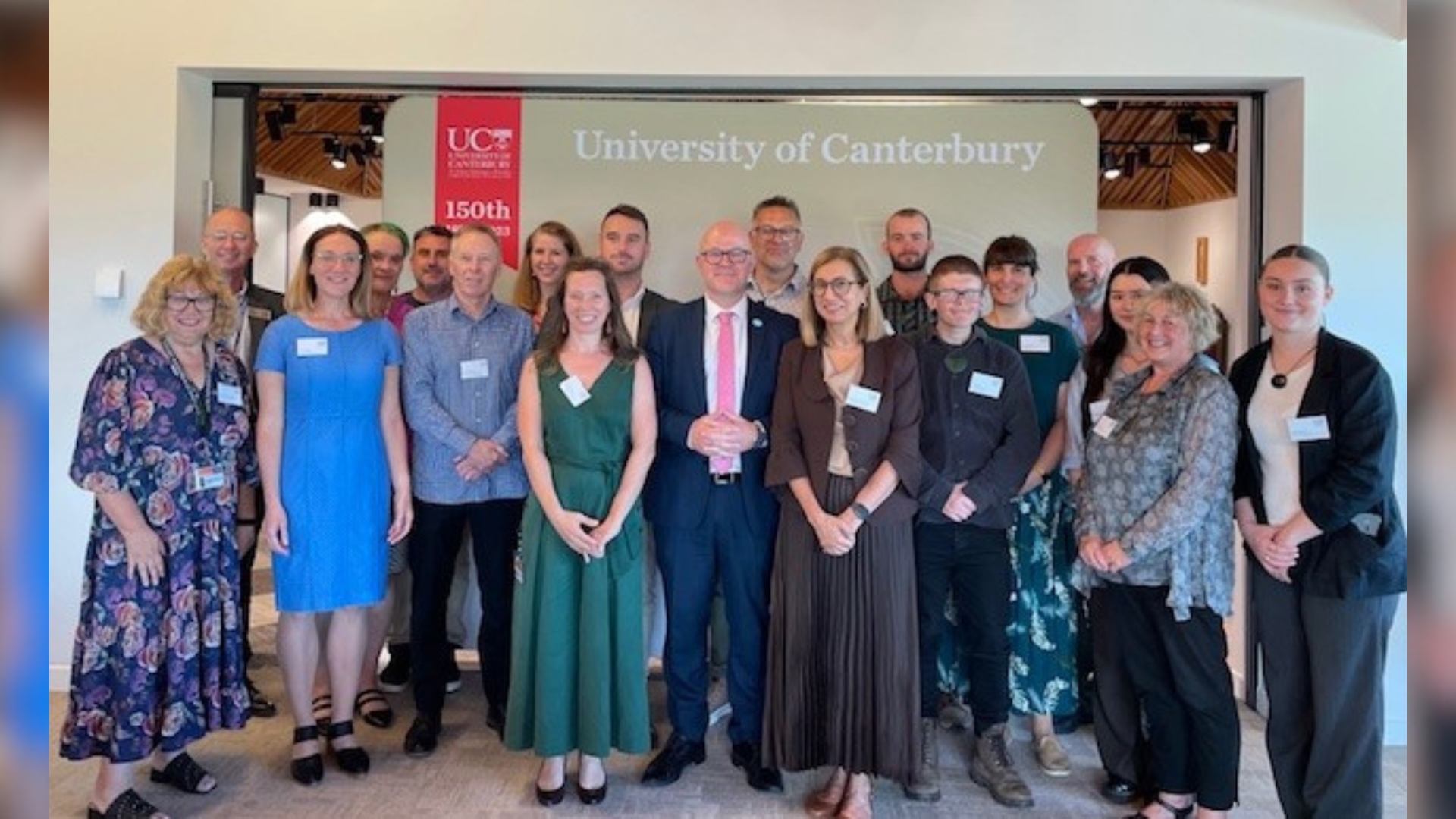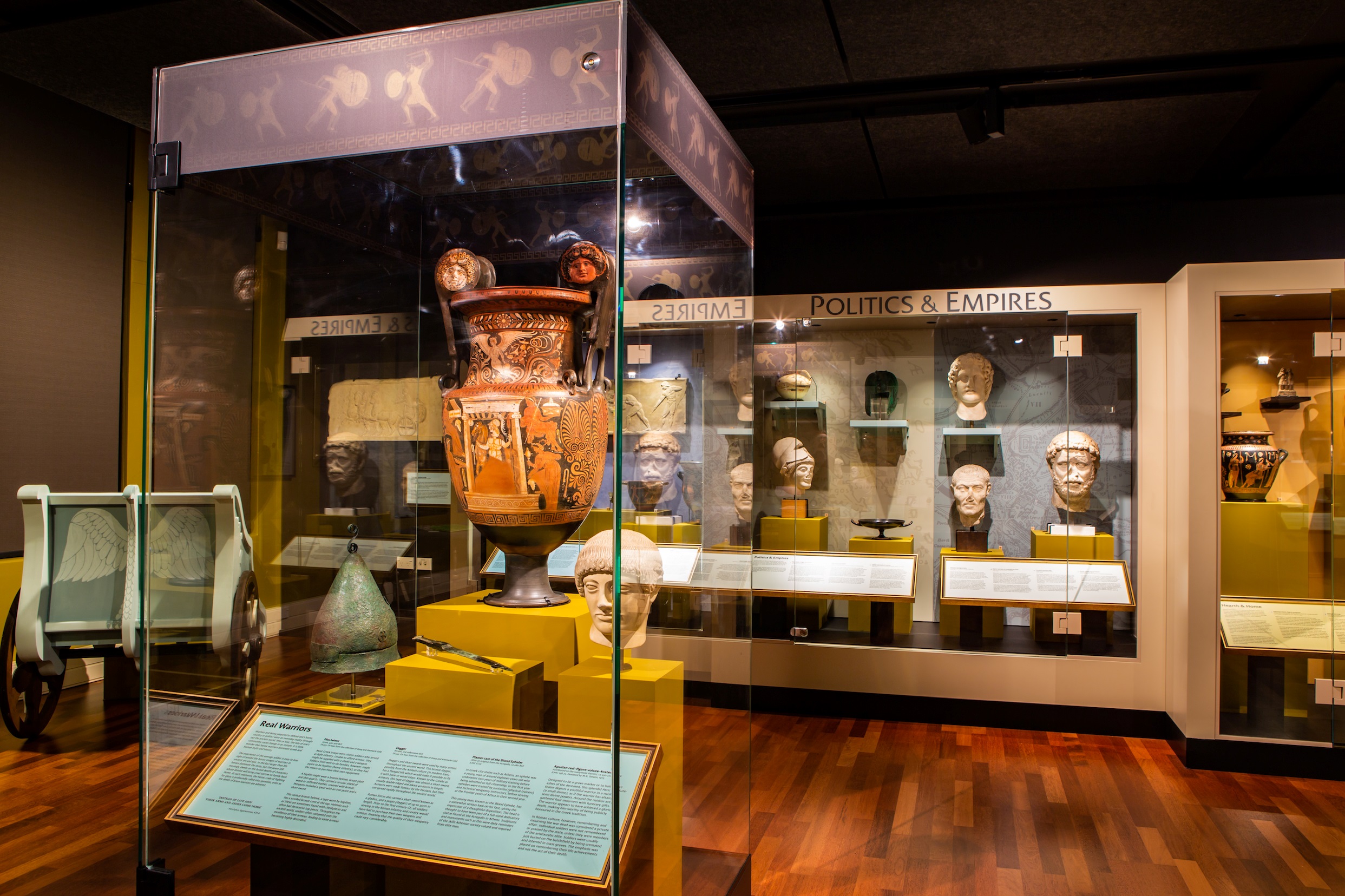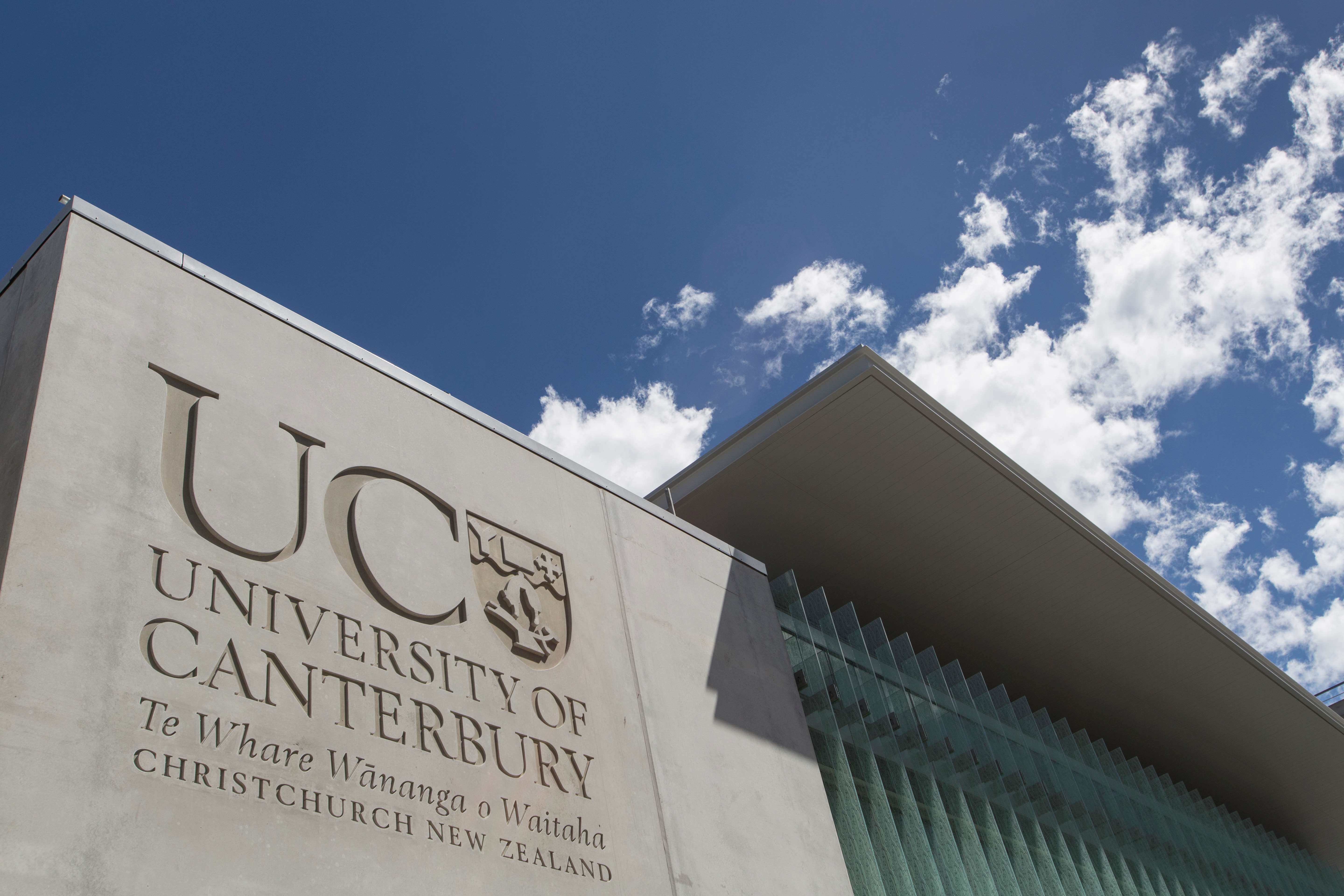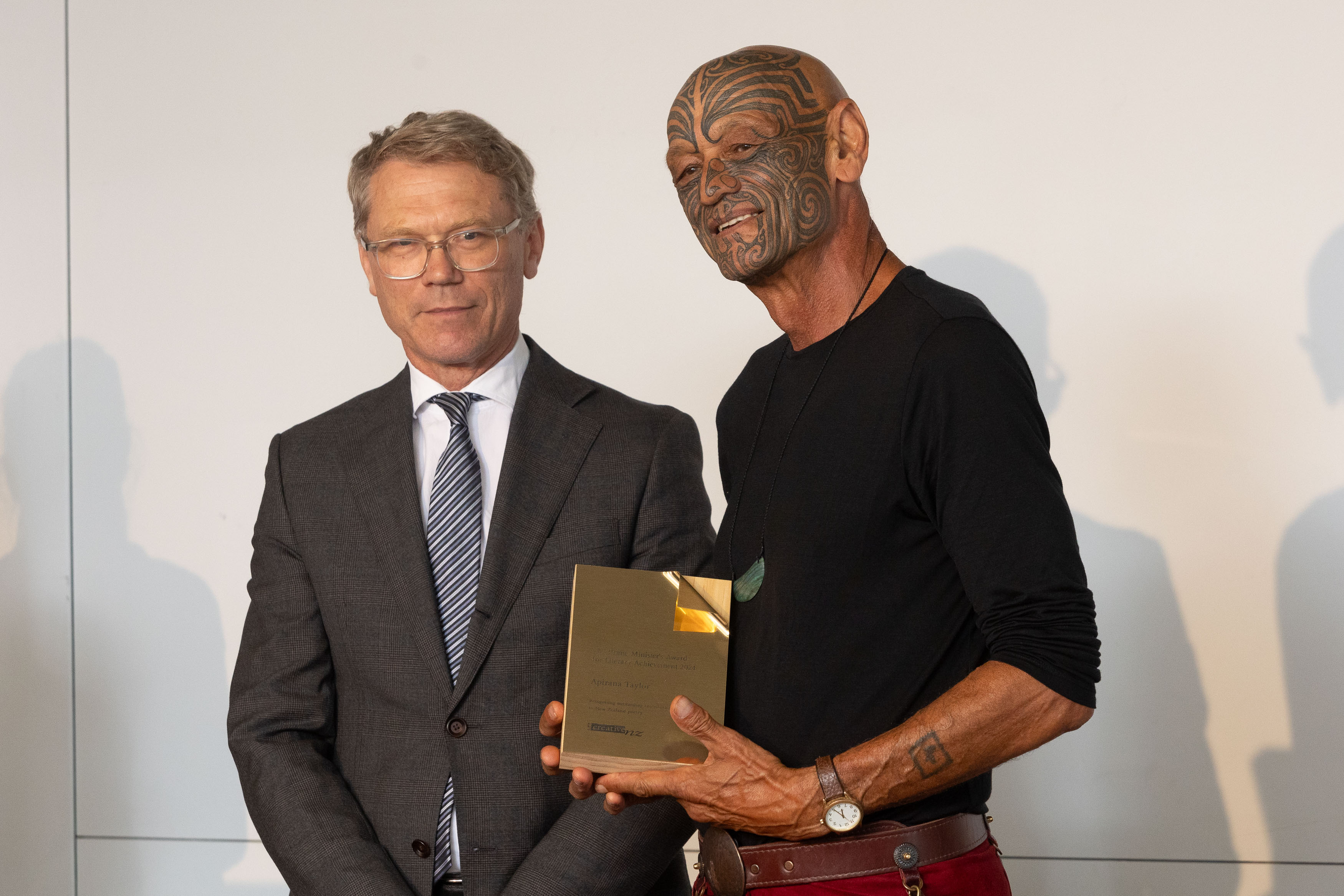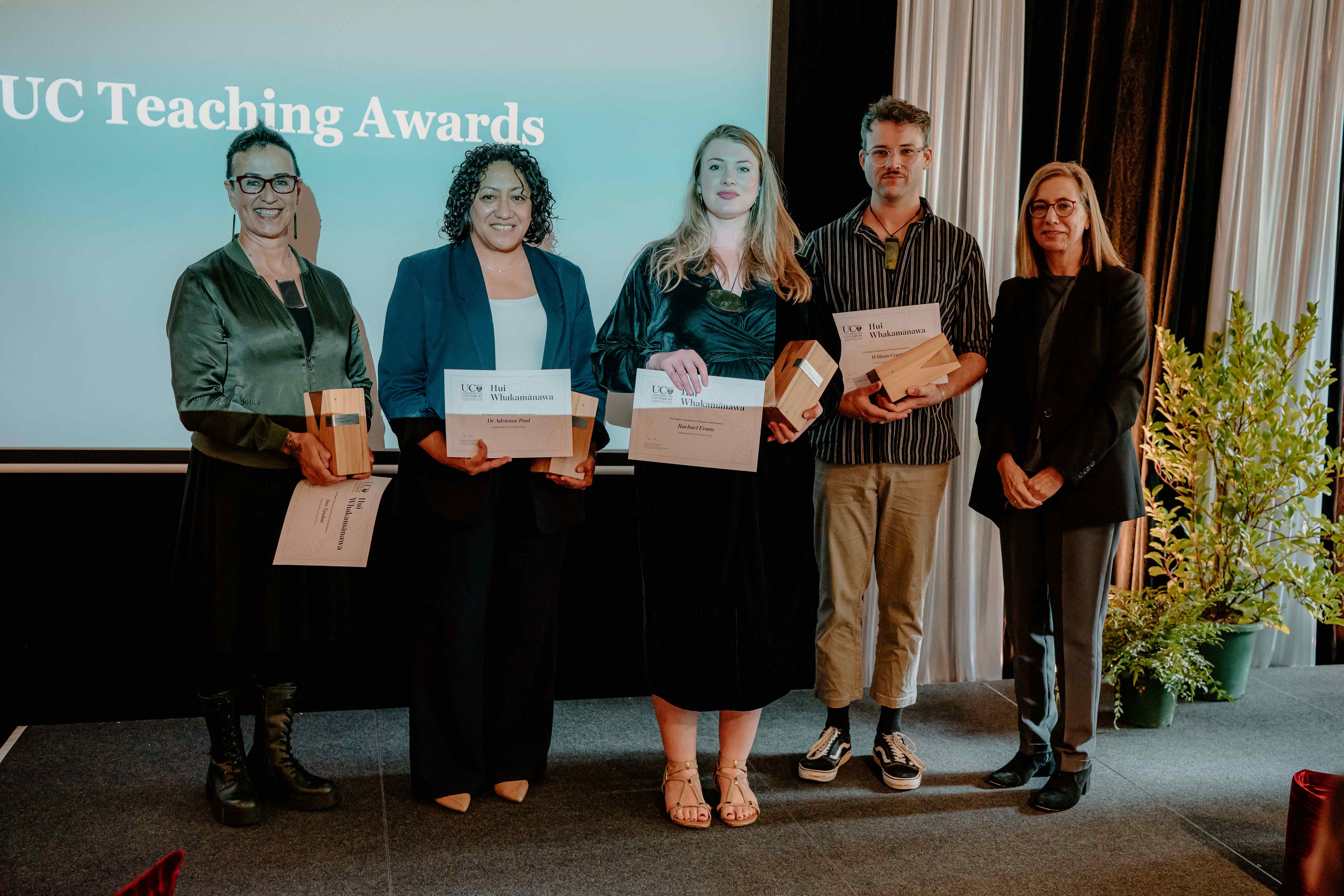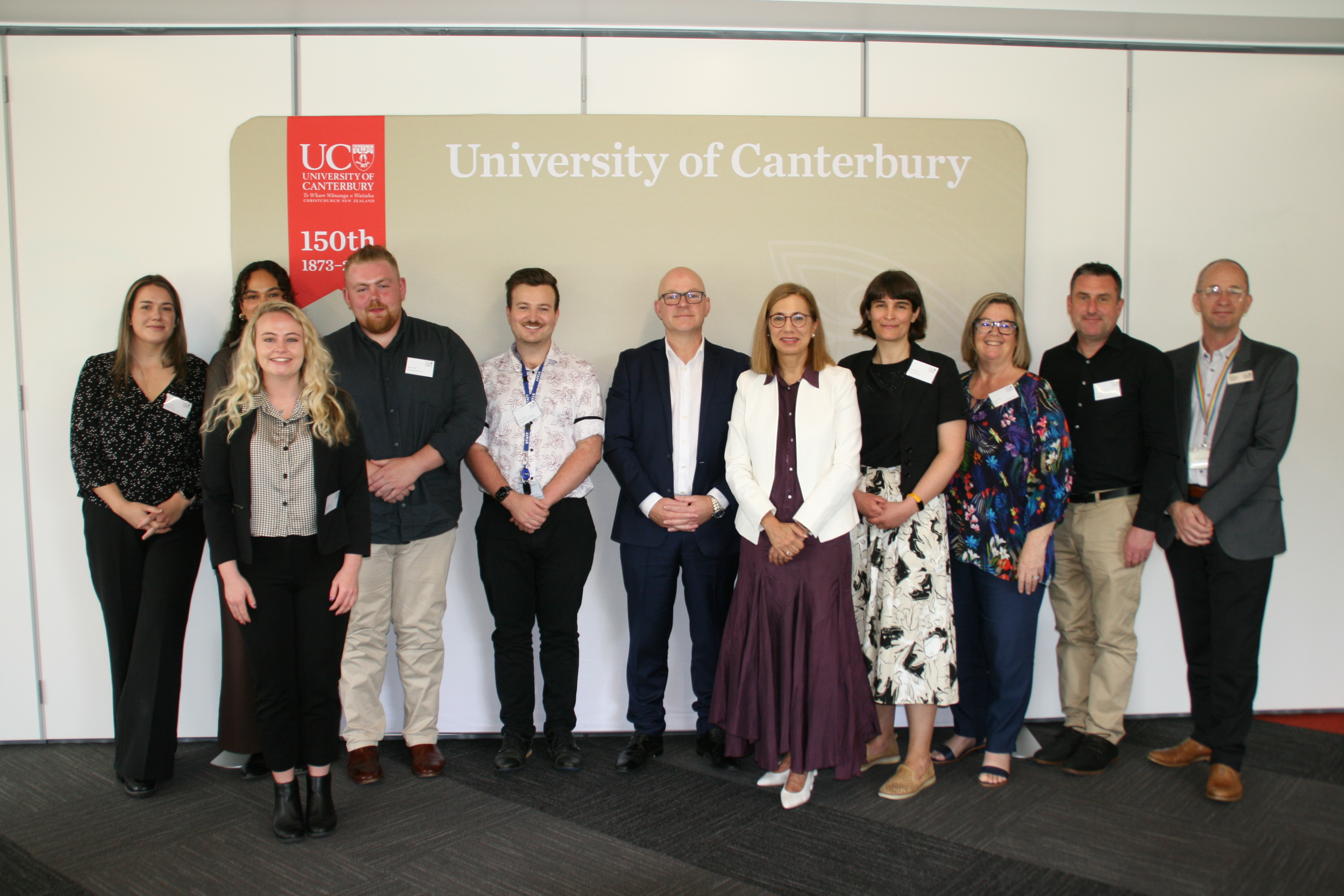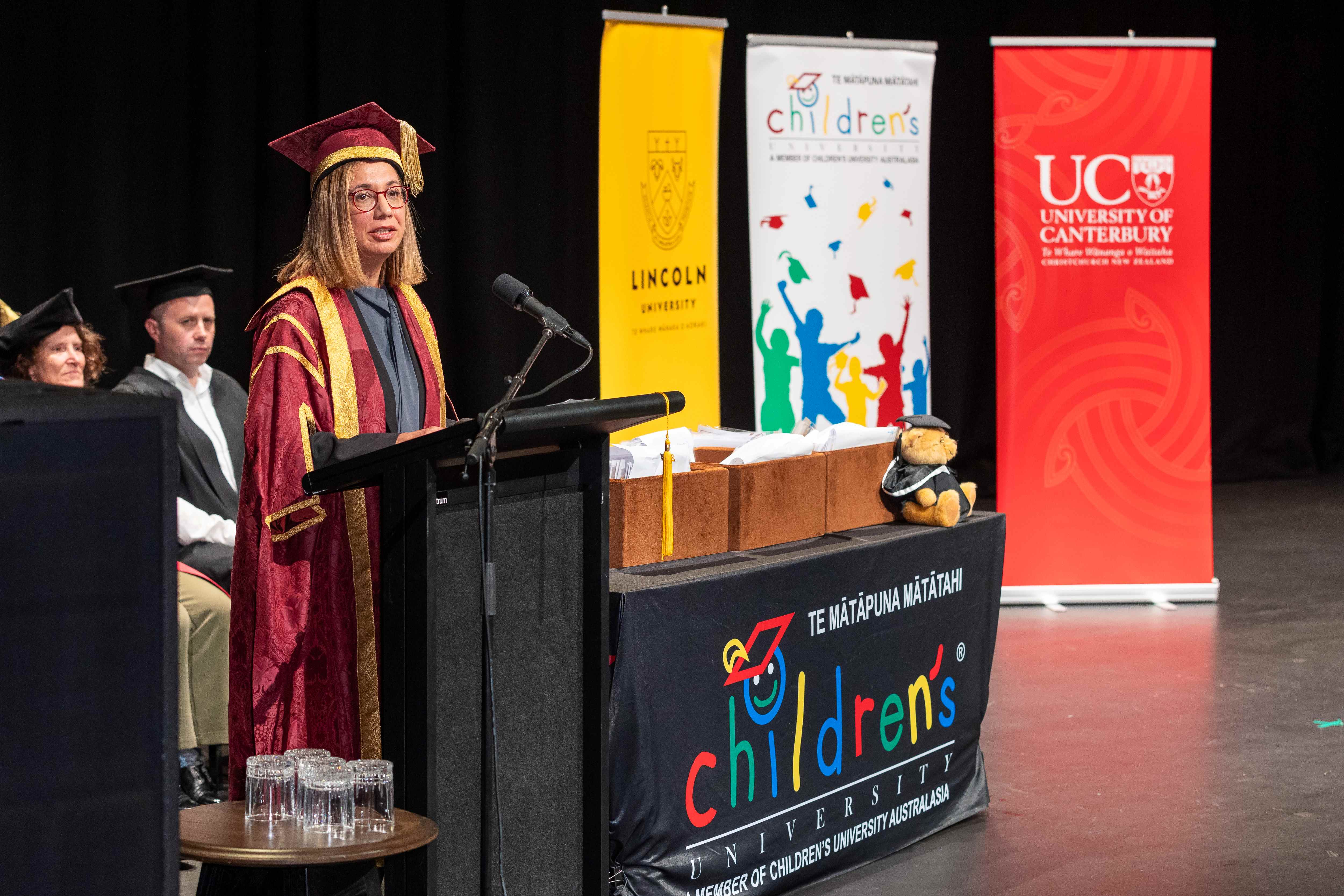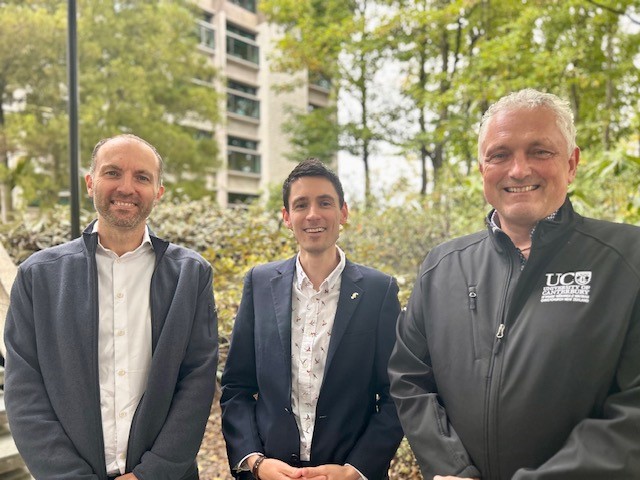Professor Riley credits his time at the University of Canterbury for a grounding in what would become a lifelong interest in modern information economics.
“My years studying in the Economics Department affected me profoundly and turned out to be a most fruitful preparation for both my study at MIT and my academic career,” says Professor Riley.
“Problem solving in applied mathematics and mathematical foundations in pure mathematics both proved central to the new fields of informational economics and mechanism design. As one of the early entrants into these fields I was able to take advantage of my Canterbury training.”
John’s most famous contribution was to invent a new way to analyse games with private information.
“Consider a high-bid auction in which the winning high bidder pays the bid submitted. An equilibrium strategy in this game is then a mapping from every possible value (v) to the bid b(v).”
The moment John considers his breakthrough came at the kitchen table in the late winter of 1979.
“Instead of trying to solve for the bid function, how about imagining that the auctioneer had already figured out the mapping b(v). It would then be equivalent to ask each buyer to submit a value (x) that the auctioneer would convert into a bid b(x). John solved for the equilibrium by determining the conditions under which buyers were incentivized to submit their true values.”
Using that insight, John was then able to prove the Revenue Equivalence Theorem which shows that any auction in which the high-value buyer is the winner yields the same expected revenue.
Both this new approach to analysing games and the Revenue Equivalence Theorem have been rated among the top 10 theorems in economics.
Former Head of the University’s Economics Department, Frank Tay has known Professor Riley since the latter was an undergraduate student at UC.
“John is one of the most eminent economic theorists that UC has produced, with an outstanding scholarly record of achievements both as a student and academic,” says Mr Tay. “This is a richly deserved award for one of the department’s most eminent graduates.”
Professor Riley began his academic career as an assistant lecturer at UC in 1969, returning to Canterbury multiple times in the 1980s as a visitor and in 1987 as an Erskine Fellow. In 2013 he became a Distinguished Fellow of the New Zealand Association of Economists. In the 1980s he was co-editor of the American Economic Review, one of the most influential economics journals in the profession.
He has received a number of awards and is the author of over 50 publications in top-tier journals and several monographs, including Essential Microeconomics, Cambridge University Press, (2013); and, The Analytics of Uncertainty and Information, 2nd Edition (with J. Hirshleifer and S. Bikhchandani), Cambridge University press, Cambridge (2014).




